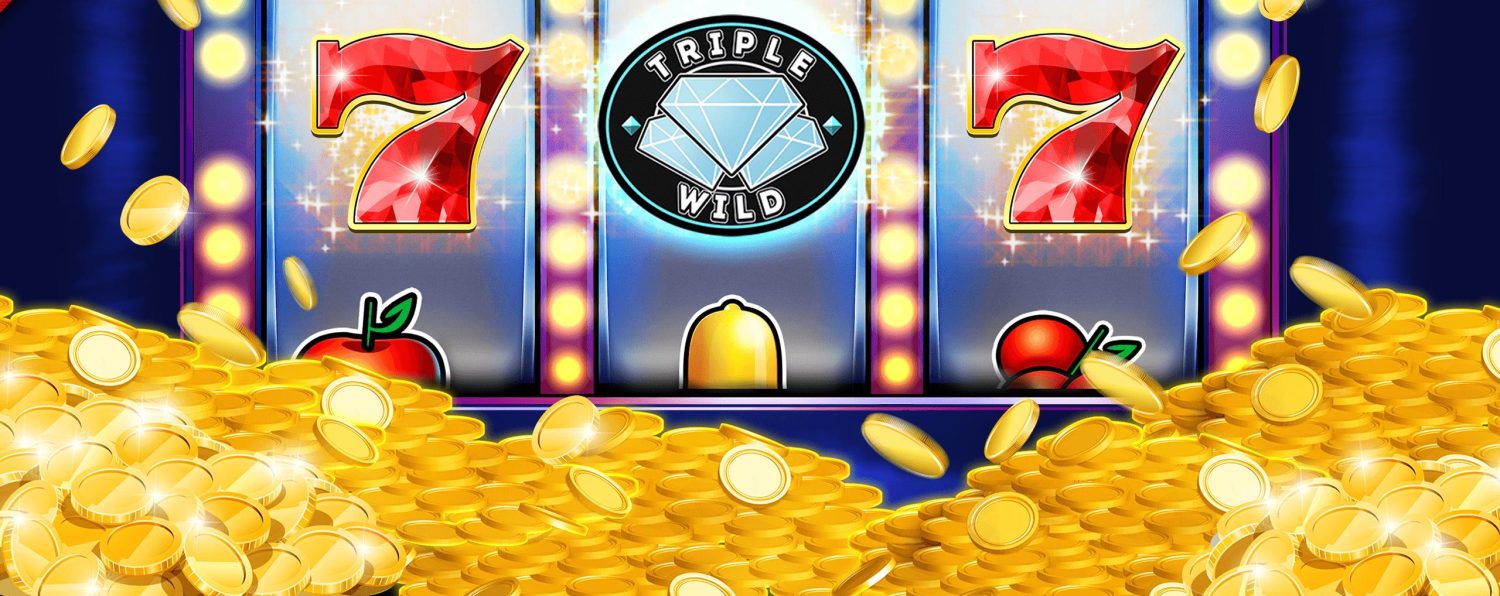
Indian tribes are fighting against the state once again – and this time, they’re determined to win.
Eric Persson, the Owner of Maverick Gaming, which possesses 31 casinos in Washington, said that the tribes wouldn’t give up.
Persson v State:
It all began with card rooms that were attached to restaurants and bars, which is completely legal in Washington. Lately, the number of card rooms has significantly decreased – there were more than 200 card rooms in the state, and now the number has dropped to about 40. The tribes adapted to the changes by turning more effort into the casino business than into card rooms.
However, Persson is the owner of 23 card rooms in Washington, so it’s an important matter to him.
Also, his fight with the state lasts longer than this one incident. He was a plaintiff in the case related to tribal gaming, Maverick Gaming LLC v United States, where the Indian Gaming Regulatory Act was questioned.
The company that represents Persson, in this case, is Gibson, Dunn & Crutcher, and this is not the first Indian rodeo for them. They were attorneys in the famous case Brackeen v Haaland, which took the question of the Indian Child Welfare Act to the Supreme Court, which will surely be helpful for Persson.
The arguments in both cases are similar, but the consequences could be too. There is a possible negative outcome that can impact the tribes all around the U.S., not only in Washington, and that’s what everyone is afraid of.
Rebecca George, Executive Director of the Washington Indian Gaming Association, said: “I think it’s very, very important to note that if Maverick is successful in taking this to the Supreme Court, this will undo (the Indian Gaming Regulatory Act) for not just Washington, it would invalidate tribal compacts throughout the nation.”
Benefits of tribal gaming:
The economic value of Indian tribes is more than significant in the U.S. There are 250 tribes that are federally recognized, and they possess 30 casinos in the country. Their revenue is higher than $100 billion, which is about 44% of all profit collected from the gaming and gambling industry.
This case can have a negative impact even on the people who aren’t citizens of the Indian tribes. George commented on that: “We are one of the top 10 employers in Washington state when you combine all of the employment between our tribal governments and tribal enterprises. Often in rural areas, the tribe will be the top employer making a huge impact on rural areas.”
The profit from commercial gaming goes to various private entities. However, tribal gaming’s profit is beneficial to Indigenous nations that help in funding tribal governments, infrastructure, and assistance programs, and, maybe most importantly, it funds direct aid to the tribal citizens in some cases. So, in conclusion, Indian gaming really changed the life of tribal citizens, improving their standard of living and quality of life.
The legal status of online casinos in India is complex and varies by state. While there is no federal law that explicitly addresses online gambling, the legality depends on state regulations and the type of gambling involved.
Key Points:
-
No National Law: India does not have a specific national law regulating online casinos. However, the Public Gambling Act of 1867 prohibits operating physical casinos and gambling houses, but it doesn't cover online platforms, leaving a legal grey area for online gambling.
-
State-Specific Laws: Some Indian states, like Goa, Sikkim, and Daman, have legalized land-based casinos, and others, such as Sikkim, have also licensed online gambling. Many states have banned gambling altogether, including online gambling.
-
Online Sports Betting: Betting on sports, particularly cricket, is very popular in India. However, it's only explicitly legal in some states like Sikkim and Nagaland, which have laws permitting online gaming and betting.
-
Legal Gray Area: Many international online casinos accept Indian players and operate legally under licenses from offshore jurisdictions (like Curacao or the UK Gambling Commission). As long as players are gambling on licensed platforms, the risk is minimal, but local authorities may still choose to regulate or restrict online gambling.
-
Cryptocurrency: Some Indian players prefer using cryptocurrencies (like Bitcoin) for online gambling, as it provides a layer of anonymity and security.
While online casinos aren't explicitly legal across all of India, many international casinos accept Indian players, and online gambling continues to grow in popularity. Players should ensure they use licensed platforms and understand local laws before engaging in online gaming.






Leave a Reply
You must be logged in to post a comment.